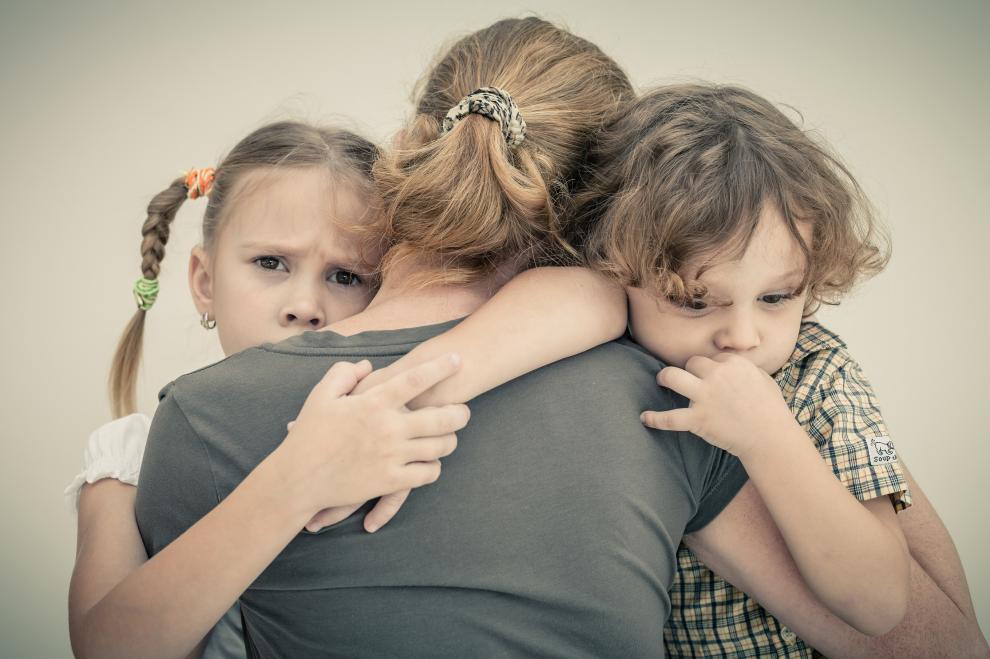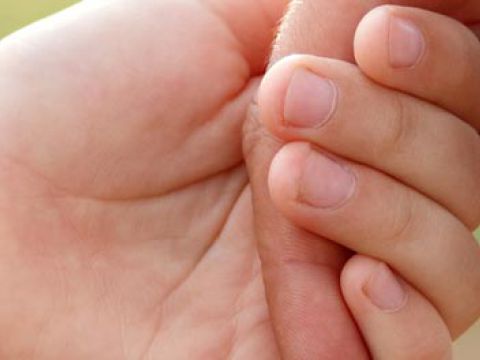2018
Dealing with Grief as a Family and as Individuals

Dealing with loss can make us go through a variety of sometimes confusing emotions. One day we could feel angry, and the next day we could feel like avoiding everything, and some days we might feel okay – this range of emotions and reactions is perfectly normal when we are processing grief.
As hard as it is to deal with, grief helps us to process, cope, and heal after the loss of a loved one. Moving forward with life after a loss doesn’t mean that we forget about the deceased, and doesn’t mean that we don’t miss that person – it simply means that your grieving process has come to a close. Having a strong support system or family nearby at these times can make all the difference in how we heal.
While grieving doesn’t always look the same, there are typically five accepted “stages of grief” that are seen in all grieving processes:
- Denial
- Anger
- Bargaining
- Depression
- Acceptance
However, no structure or schedule exists for when or in which order these responses will be experienced. Having a community to support you through these stages of grief can be a big help in getting you through the grieving process. There is no shame in reaching out to a friend, family member, or even a community group for help.
Once you are familiar with the grieving process, you may be able to help a friend who reaches out to you when they are grieving. Knowing how to respond can make a huge difference to that person. Dealing with death can be a life changing experience. With knowledge of how to deal with the grieving process, you can be assured that it is possible to move forward.


 September 29th, 2025
September 29th, 2025
 July 29th, 2025
July 29th, 2025
 May 29th, 2025
May 29th, 2025

